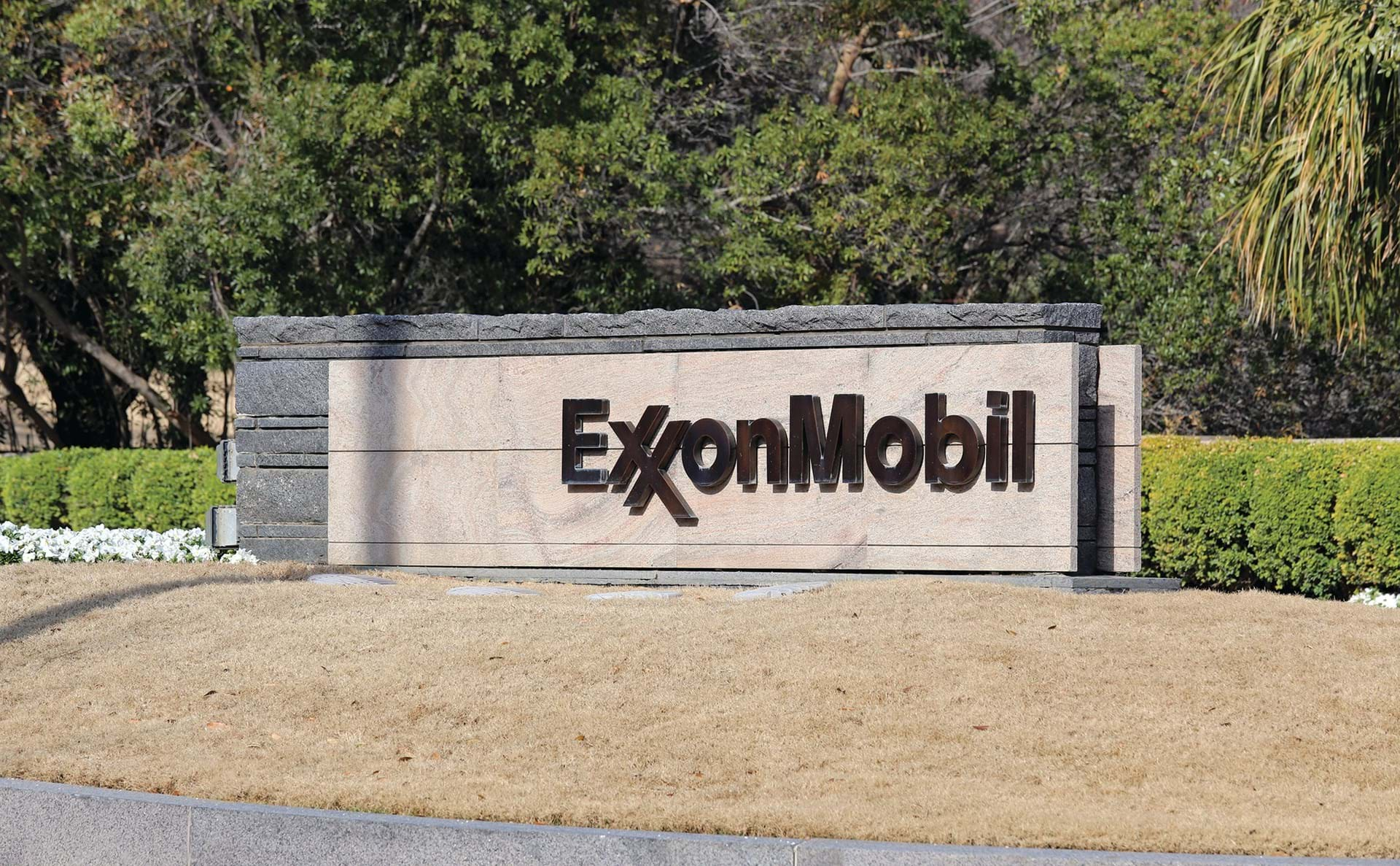Energy majors to invest A$350m in new gas drilling projects for Australian east coast

OIL AND GAS giants ExxonMobil and Woodside have approved a A$350m (US$220m) investment to launch new offshore gas drilling projects in the Bass Strait to supply the eastern states of Australia.
Woodside’s vice-president Liz Westcott said the 50-50 joint venture with Exxon is “committed to supplying as much gas as we can” to Australia’s East Coast Gas System (ECGS), which serves all states and territories barring Western Australia and covers the vast majority of the country’s population.
The Australian Competition & Consumer Commission (ACCC) warned in January that there would be a shortfall of gas in the country’s eastern states by 2027. The ACCC’s report attributed the projected shortfall to “lengthy regulatory approval processes, large upfront capital costs, an uncertain policy environment and a lack of competition in upstream gas markets”. ACCC commissioner Anna Brakey said it was “essential that measures are introduced that support efficient and timely investment on the east coast”.
The new gas drilling will take place in the Turrum and North Turrum gas fields in the Gippsland Basin in the Bass Straight between mainland Australia and Tasmania and will be processed by Exxon at their Longford plant in Victoria. Longford was originally slated for closure in 2033, but new gas drilling will extend its operational life. Drilling is expected to begin by 2027.
An Exxon spokesperson said: “Australia needs stable and supporting government policy to ensure reliable production of gas in the southeastern states, close to where domestic and industrial consumers need it.
“The gas this project delivers will help strengthen Australia’s energy security, powering Australian homes and business well into the next decade, and ensuring the grid remains resilient and stable as we transition to a lower carbon future.”
The latest plans follow Exxon’s announcement of a A$200m investment in a new well in the Kipper gas field, also in the Gippsland Basin, which is expected to begin producing gas later this year.
Westcott said: “Every molecule of gas Woodside supplies from the Bass Strait fields is sold into the Australian domestic market for local manufacturers, power generators and homes.”
Political turmoil and gas
The ACCC views domestic gas production as essential to support renewables as Australia transitions away from its traditional dependency on coal. A poll last month from the Clean Energy Council found that almost 70% of Australians support more renewables. The country’s Labor government has set a goal of producing 82% of power from renewables by 2030.
However, a report published last week by analyst Rystad Energy predicted they are unlikely to achieve this goal, saying the most optimistic outcome is 65% renewables by 2030. According to data from the Clean Energy Regulator, renewable energy accounted for 46% of Australia’s electricity in the final quarter of 2024.
Energy is expected to be a major battleground in this year’s federal election, which will be no later than 17 May. Opposition leader Peter Dutton, whose Liberal party-led coalition is leading in the polls, has made clear his support for approving extensions to gas drilling projects. Dutton has also hit out at the government this week for being “beholden to Greens voters in inner-city Sydney and Melbourne” and blamed this for slowing down the approval process for gas drilling applications.
Dutton is also a strong advocate for establishing a nuclear power industry in Australia, contrary to the Labor party, and has proposed plans that he says could generate 13 GW of nuclear power by 2051. Rystad Energy expects the election to be a “referendum on nuclear power”.
Recent Editions
Catch up on the latest news, views and jobs from The Chemical Engineer. Below are the four latest issues. View a wider selection of the archive from within the Magazine section of this site.




